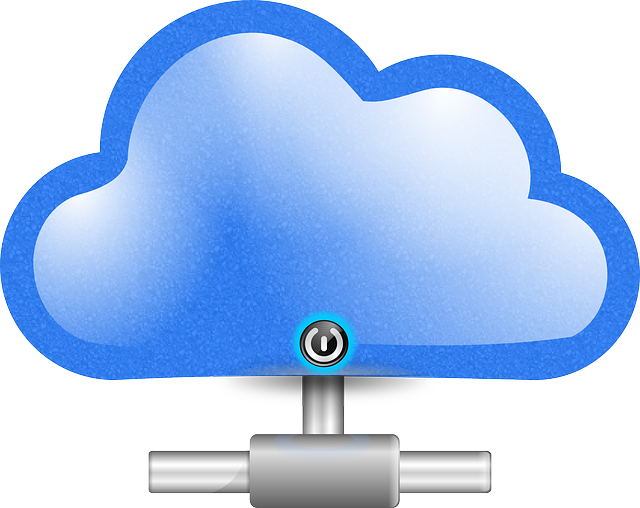 Cloud computing solutions can provide tremendous strategic advantages because they offer scalability and flexibility critical for companies to survive and thrive, without the high cost of owning and managing physical infrastructure or even data centers, in some cases.
Cloud computing solutions can provide tremendous strategic advantages because they offer scalability and flexibility critical for companies to survive and thrive, without the high cost of owning and managing physical infrastructure or even data centers, in some cases.
These days, when you consider “the cloud” as an IT option for your enterprise, you have to consider a companion question: which type of cloud? There are four cloud computing models, each with its own set of pros and cons. As with everything else IT, how you approach the cloud and implement it within your environment depends on myriad factors unique to your enterprise.
Public cloud
Infrastructure storage or applications services are hosted by a third-party provider and are available via the internet to the general public. The provider owns and manages the infrastructure and sets access policy, configuration options, etc. You can use it, but based on their controls and parameters.
Public cloud is very efficient for shared resources and the pay-as-you-go pricing can represent significant savings, but shared resources are also the most vulnerable. It is a good choice for:
- Standardized workloads such as email that have many users.
- Facilitating application code development and testing.
- Collaboration.
- Ensuring maximum scalability to accommodate peak loads.
Private cloud
This model is yours alone. You own and manage it and it operates entirely within your firewall. Essentially, a private cloud is a virtualized data center, enabling hosting applications in the cloud without sacrificing data security or control. It can be managed by you or an outsourced third party, and it can be hosted internally or externally.
On-premise hosting requires capital and operations spending for physical infrastructure and security. With off-premise hosting, the cloud is still exclusive to your enterprise and privacy assured because there is no other organization sharing the physical resources.
Private cloud is a good choice when you:
- Need greater data center and other efficiencies but also need to strict data protection.
- Require consistency across services.
- Possess plenty of server capacity.
Hybrid cloud
More and more enterprises are using a combination of public and private clouds, allotting workloads according to security requirements and other internal factors. You can design exactly the type of IT environment you need by weaving together public, private and community cloud options for different purposes.
Each type of cloud functions separately, but you gain overall advantage by being able to pick and choose the most efficient deployment model for aspect of your business. That gives you greater flexibility in planning as well as implementation and operations. The disadvantage is your is need to manage multiple cloud security platforms while ensuring they continue to communicate with one another seamlessly.
Why choose hybrid cloud?
- You want an SaaS application without compromising security.
- You can interact with clients you serve in discrete vertical markets but keep data separated and protected within your private cloud.
- You can use public cloud to communicate with customers but communicate internally using private cloud.
Community cloud
The newest cloud formation, a community cloud is like a private cloud in that it is proprietary but it is shared by more than one enterprise. Usually community clouds are created and constructed specifically to facilitate a shared working environment. Governance, management and security can be handled by the enterprises within the community or by a third-party managed service provider.
Community cloud offers the collaborative benefits of public cloud but the security and privacy protections and policy compliance of a private cloud. It can be hosted on- or off-premise. It is a good choice for:
- Government entities that share resources among locations.
- Healthcare providers that need a private HIPAA-compliant cloud.
- Telecommunications companies that need FCC-compliant disaster recovery capabilities.
Cloud computing can bring significant benefits. Companies that take the time to fully evaluate which workloads should be assigned to the cloud – and to which cloud model – will be in the best position to reap those benefits.

